Sean "Diddy" Combs’ third try at getting out of jail on bond on his federal sex trafficking and racketeering case ended inconclusively on Friday, as Judge Arun Subramanian asked both the mogul and federal prosecutors for their views on what kind of communications he should be allowed to have with the outside world.
The Bad Boy founder showed up in Judge Subramanian’s Manhattan courtroom wearing a tan prison jumpsuit, but unshackled, per an order by the judge earlier in the week. He blew kisses towards his family—his mother Janice, his sons Justin and Christian, his adopted son Quincy Brown, and his daughters Chance, Jessie, and D’Lila. He did not speak during the hearing, spending most of it engaging with his attorneys or looking at documents (using glasses much of the time).
Diddy’s text messages from jail
Diddy’s legal team made a case that, with a newly proposed set of conditions that include 24/7 monitoring by a private security team, he should be released from jail pending trial to an apartment on Manhattan’s Upper East Side. Some of the restrictions in the bail package, such as phone and internet usage, they emphasized, were even tighter than the ones he currently faces at Brooklyn’s Metropolitan Detention Center (MDC).
However, prosecutor Christy Slavik argued that Diddy’s conduct demonstrated that he cannot be trusted to abide by any conditions of release — even the extremely restrictive ones his team is offering up.
“The thing that I go back to is trust,” Slavik said. She cited two main issues. First, there was Diddy’s violations of Bureau of Prisons rules around phone calls. He utilized multiple unauthorized methods of communication while locked up, including three-way phone calls and using the PAC (phone access code) numbers of other inmates.
Diddy’s team argued these practices are common at MDC, and that he had stopped once they requested he do so.
Another major issue was Diddy’s text messages with a witness (an escort who the government says participated in multiple “freak-offs,” referred to only as “Witness-1” in court). Diddy sent text messages to the witness repeatedly, even on the day he was giving grand jury testimony. In addition, some of those messages have been deleted.
The reason this is an issue is that Diddy’s team previously denied he had interfered in the grand jury process.
“The defendant’s repeated contact with Witness-1, despite his apparent knowledge that
Witness-1 was represented by counsel and had received a grand jury subpoena, undermines defense counsel’s previous denials of the defendant’s interference in the Government’s grand jury investigation and shows that counsel cannot stop the defendant from contacting grand jury witnesses,” prosecutors wrote in a memo before the hearing.
Teny Geragos, another of Diddy’s attorneys, called the Witness-1 contacts “regrettable,” but said that her client had otherwise followed council’s instructions about who he could contact and when.
Slavik disagreed, arguing that Diddy’s “violation” and “flouting” of rules would continue under any circumstances in which he was released.
“The defendant has demonstrated that he cannot and will not follow rules,” Slavik said. “He has shown he can’t be trusted to comply with any conditions.”
In addition to the messages with Witness-1, Slavik pointed to a birthday Instagram post by his family that Diddy spent a week planning. His goal for it, Slavik said, was to influence the jury pool. She quoted his words in a jailhouse communication.
“The defendant says, I want to, quote, ‘reach for this jury. We just need one,’” she said.
Diddy’s team defended his behavior, saying that his attempt to run a public relations campaign via social media was his First Amendment right. They also said he had a Sixth Amendment right to contact potential witnesses, though they conceded that as part of his bail package, they would bar him from reaching out to any of them.
Shocking claims about the 2016 Cassie video
One additional issue on Friday was the 2016 video of him assaulting Cassie.
In a shocking letter filed just hours before the hearing, Diddy’s team claimed the hotel surveillance video shown by CNN had been edited, and that the government knew that. They claimed that the unedited video shows that Diddy ran down the hall only to “retrieve a bag of clothes and a cellphone,” and that, rather than throwing a vase at Cassie, as the government had claimed, he threw the contents of the vase — “presumably flowers,” the document clarifies—at her.
In court, they said that the version of the video CNN aired had elements of the incident out of order, and that the incident had not taken place during a “freak-off,” as the government claims. Instead, it was a fight that took place during a “consensual, long term, loving, fraught relationship,” during which there were incidents of violence initiated by both sides.
“We have never denied…mutually regrettable physical conduct that goes in both directions,” said Alexandra Shapiro, one of Diddy’s attorneys.
Slavik said that the government did indeed have a different video of the confrontation—cell phone video—but that it hadn’t revealed that at prior hearings because they didn’t want to give away the identity of the person who had filmed it, especially before Diddy had been remanded to jail.
She said the feds were not in possession of the original hotel surveillance footage specifically because Diddy had bribed hotel personnel with $100,000 to “make that video go away.” As for the freak-off element, Slavik said that the feds had “multiple sources” to confirm that a male sex worker was in Diddy’s hotel room at the time of the incident.
“They are throwing anything at the wall to make this tape go away,” Slavik said.
In the end, Judge Subramanian wanted both sides to weigh in on the issue of who Diddy could speak to—whether he had the right to respond to what Shapiro called “nonstop false and extremely damaging media coverage,” or if that amounted to obstruction and attempting to poison the jury pool.
Both sides have until noon EST on Monday to file a short letter about the issues around communications and obstruction, and the judge will rule on the bail application following that.
 4 hours ago
3
4 hours ago
3




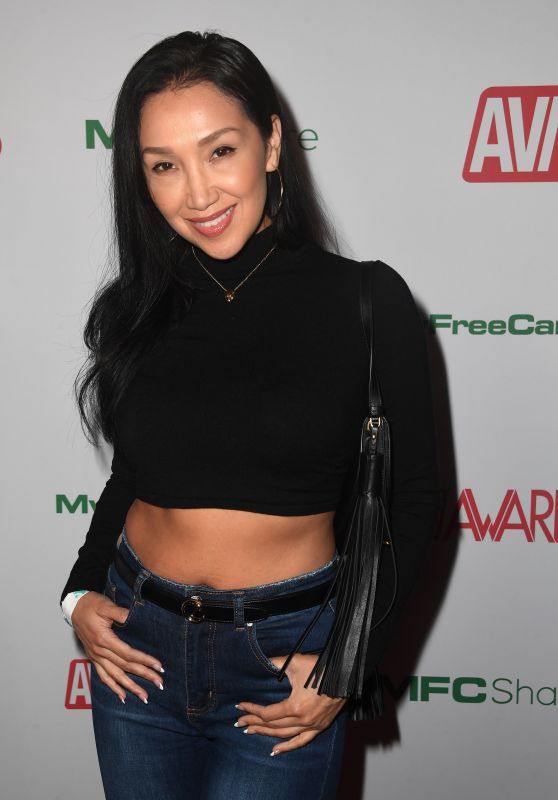
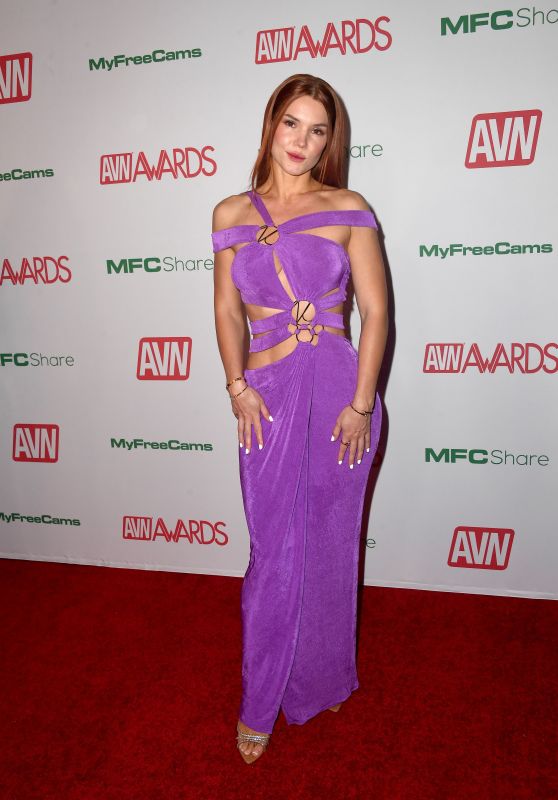
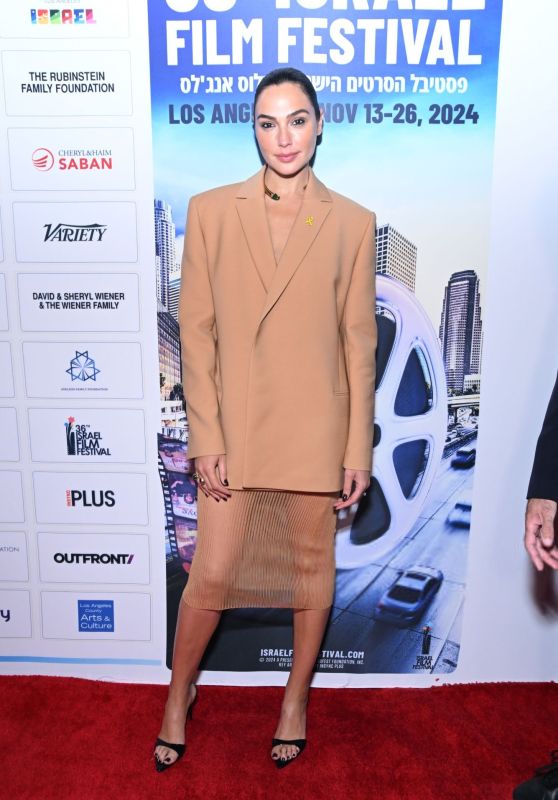
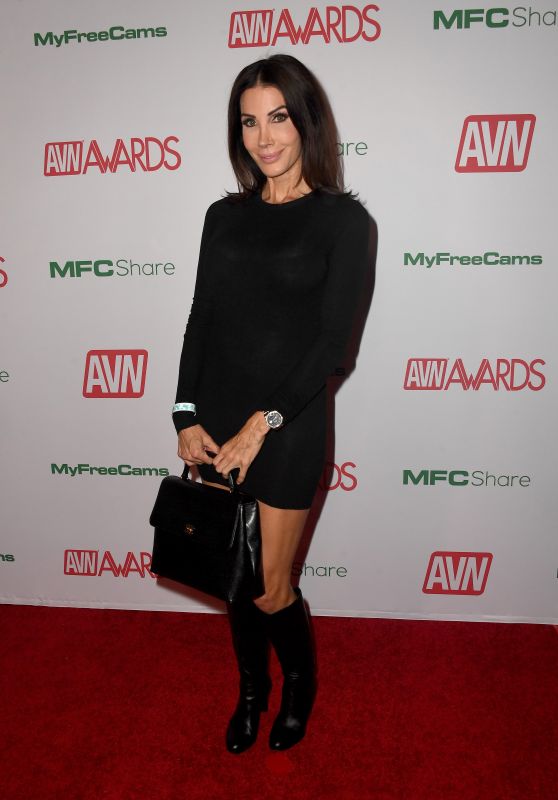


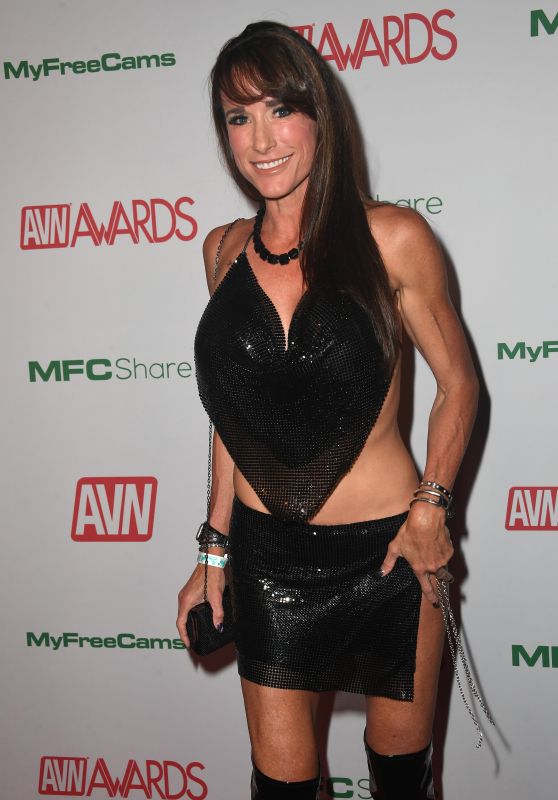
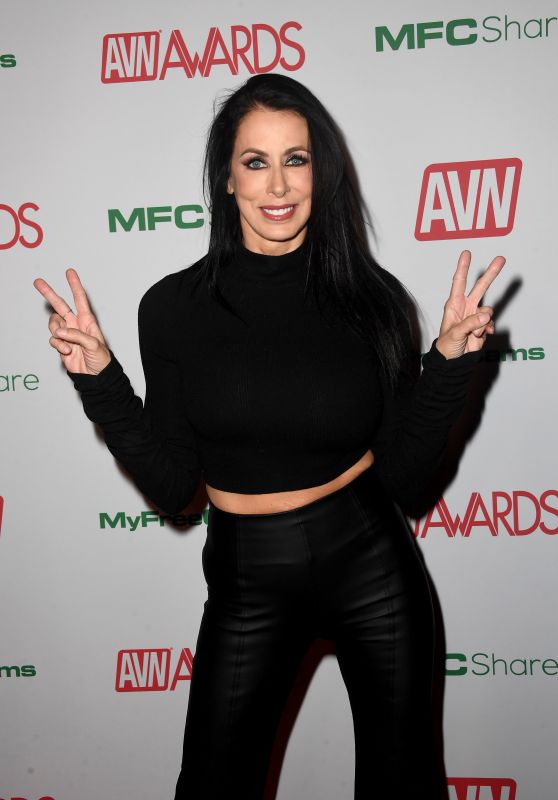








 English (US) ·
English (US) ·